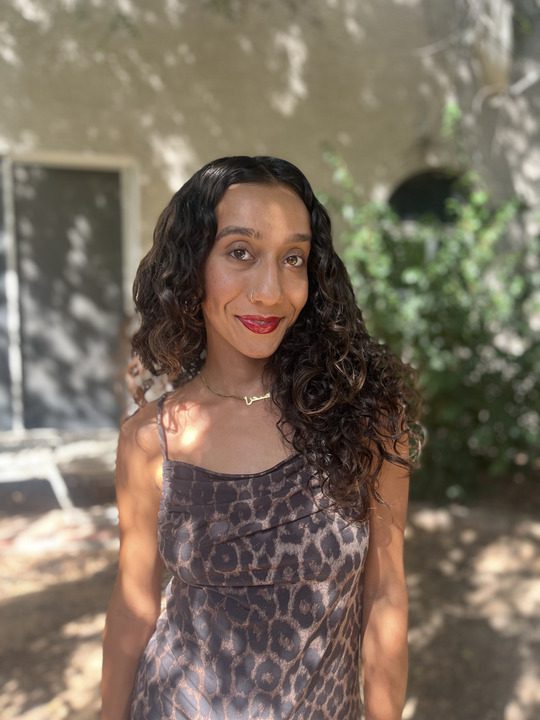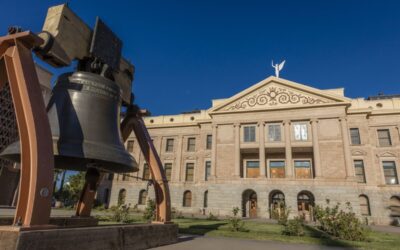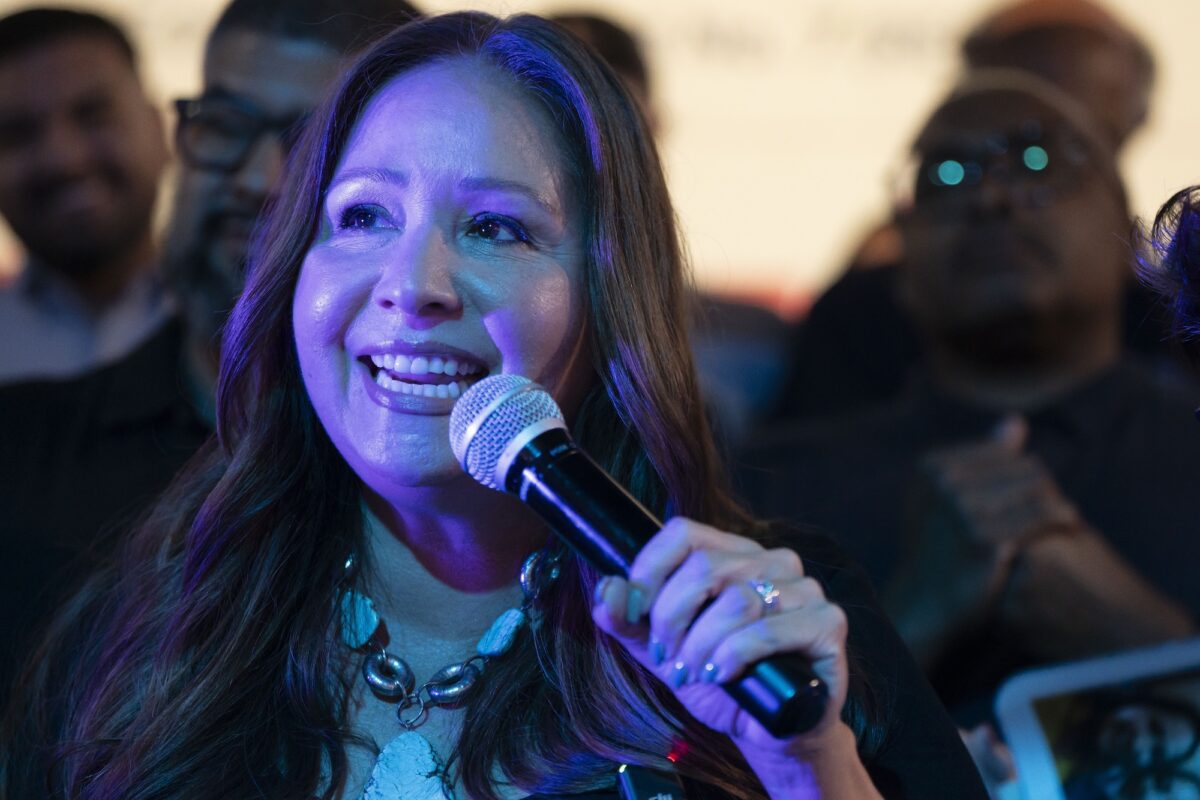
TUCSON, ARIZONA - JULY 15: Democratic U.S. congressional candidate Adelita Grijalva speaks at a primary election-night party at El Casino Ballroom on July 15, 2025 in South Tucson, Arizona. Grijalva, the Pima County supervisor, is running in a special election held for the state's 7th District seat vacated by the death of her father, longtime U.S. Rep. Raul Grijalva. (Photo by Rebecca Noble/Getty Images)
On Tuesday night, Adelita Grijalva won the Democratic primary in Arizona’s 7th Congressional District, defeating four opponents, including second-place finisher Deja Foxx, a 25-year-old digital strategist and political influencer.
When Grijalva filed to run in March, a few weeks after the death of her father and longtime progressive champion, Rep. Raul Grijalva, she quickly earned the support of nearly every major political group in Arizona and most of Arizona’s Democratic leaders, as well as progressive stalwarts, Sen. Bernie Sanders and Rep. Alexandria Ocasio-Cortez.
But as the primary went on, Foxx dominated the digital landscape and framed Grijalva as an establishment figure and herself as a candidate offering generational change. The primary drew the attention of national outlets, who wondered if Democratic primary voters in the district would bypass Grijalva, an established public servant, for the newcomer Foxx.
In the end, Grijalva won in a landslide, securing over 60% of the vote and winning every county in the district. She’s now poised to become the first Latina to represent Arizona in Congress.
Grijalva must still defeat Republican Daniel Butierez in the September general election, but it’s a race she’s all but certain to win given the deep blue nature of the district.
We had the chance to speak with Grijalva on Wednesday about the campaign and how the community showed up for her to carry her to victory.
This interview has been edited and condensed for brevity and clarity.
The Copper Courier: How are you feeling after this win?
Adelita Grijalva: I am feeling very excited, very humbled. When the election night started, I was ready for a really long night, and then the batch came in, and then people would say, ‘I think it’s over.’
I’m like, ‘What are you talking about? No, it’s not over. No one’s called it.’ And then it was called and it was 8:19 p.m., and it was very quick. I’m glad it wasn’t a long night, but I didn’t have a moment to process it.
I don’t think I have yet, either. I had to go out there and just start talking. I knew I was going to be really emotional, and I was. My whole family was, and so trying to balance all of that and just be incredibly grateful to the 1,400 people who dropped what they were doing on the weekends and at night. A lot of work went into it, and I just wanted to make sure that I could effectively say thanks.
Thirty-nine thousand doors and 320,000 phone calls; that’s a lot of work, because if you think about how this district is, we have cities that are pretty dense, but then we have rural areas all over. There were some communities that we could only call in, or only mail or only reach by radio, so it required us thinking really outside the box, because it was not just Tucson, and we were very purposeful as a campaign to make sure to be as inclusive as possible of all of the different spaces.
We saw this social media narrative develop around this election, but the results showed a completely different outcome. How do you feel about the community showing up for you in such big numbers and drowning out the media narrative?
Grijalva: This community knows me, and those communities that didn’t know me as well, I went and introduced myself. I was there often, I was accessible, and I wanted to talk to people. And I really enjoy that.
What it said to me, when the first numbers came out, is that likes and clicks don’t equate to votes.
And what the national media was doing, which was very frustrating to me, I would see podcasts that I really enjoy, not giving me an opportunity to even go on and talk. They’re like, ‘Oh, well, you know, that was last week’s story.’
To me, that was very frustrating, because these are supposed to be progressive outlets, and so when you caption a race that is specifically about age, it’s very ageist, especially when you think about the electorate that votes, and they normally are older.
It’s not that people are not willing to give a qualified candidate an opportunity regardless of their age. The problem is when that’s all you talk about, it starts to become offensive. And people keep adding years to me. I’m 53, I will be 54 in October. It was also a mischaracterization of me as a person and of my dad, which is very hard for me to deal with at this point, because I’m a proud daughter. I get very defensive. I get very protective of my dad.
When you’re just like, ‘oh, you know, out of touch politician,’ [It’s] 20 years as a volunteer board member. When you dismiss that, all of these other people take that [personally,] and I think that that really resonated.
People make assumptions about age, if you’re a certain age, then you must be more liberal, but some of the most liberal people I know are older.
In the last few years, there have been calls for generational change within the Democratic Party, and it’s a playbook that has worked in different races, but it wasn’t as applicable here, because you’re considered to be a progressive, you just happen to be a little bit older. How can we address calls for change in a way that takes factors besides just age into account?
Grijalva: My dad would have had the biggest belly laugh about being called an establishment Democrat. He’s the complete antithesis of anything establishment.
One of the things that I was going to suggest, if you are going to target [someone], check it out. Do your homework. Figure out who you think is not speaking up for the issues that younger generations want to hear like, universal healthcare, education and access to it, climate change. Pick those and then say, ‘Okay, Congress Person X, you have voted against the interest of our organization, X number of times. So now we’re going to find a qualified person who is invested in that community,’ [so] that people know it doesn’t have to do with how old you are.
It’s the balance of [finding] someone who’s younger [who] can speak to younger people, but also appreciate the fact that it is that youthful energy that is attractive to a lot of people, and it doesn’t just have to do with age, because some of our more senior members of Congress have been repeatedly reelected over and over again, because those communities say ‘that’s the [representative] for me,’ and that’s what’s beautiful about this democracy.
This campaign was very much rooted in talking to people, and I tried very hard to make sure that I was never coming at people. We can disagree on policy, perspective, leadership style, but I will never, as a woman of color, come after another woman of color, because I don’t think it helps people get excited about being part of this democracy and maybe taking the plunge to run for office.
What are you hoping to achieve in Congress, and where does the district go from here?
Grijalva: I really want to make sure that Southern Arizona has a strong voice in Congress. When we’re talking about the kinds of things that this administration is doing to everyday people, it’s devastating, and so making sure that the voices and stories of southern Arizona is in the front of mind and out of my mouth when we’re talking about the cuts to education and what ICE is doing with a budget that is 20 times what they had before.
When we’re talking about things that are affecting everyday people, that’s the kind of stuff that I want to push back [on.] There’s so much work to do. It’s really protecting our democracy, and then all of the other things that come with it.

10 new routes will connect Phoenix Sky Harbor to new destinations this year
Arizona travelers might be thinking about a beach getaway this fall. Or a ski trip when the weather cools down. Or traveling on the first of two...
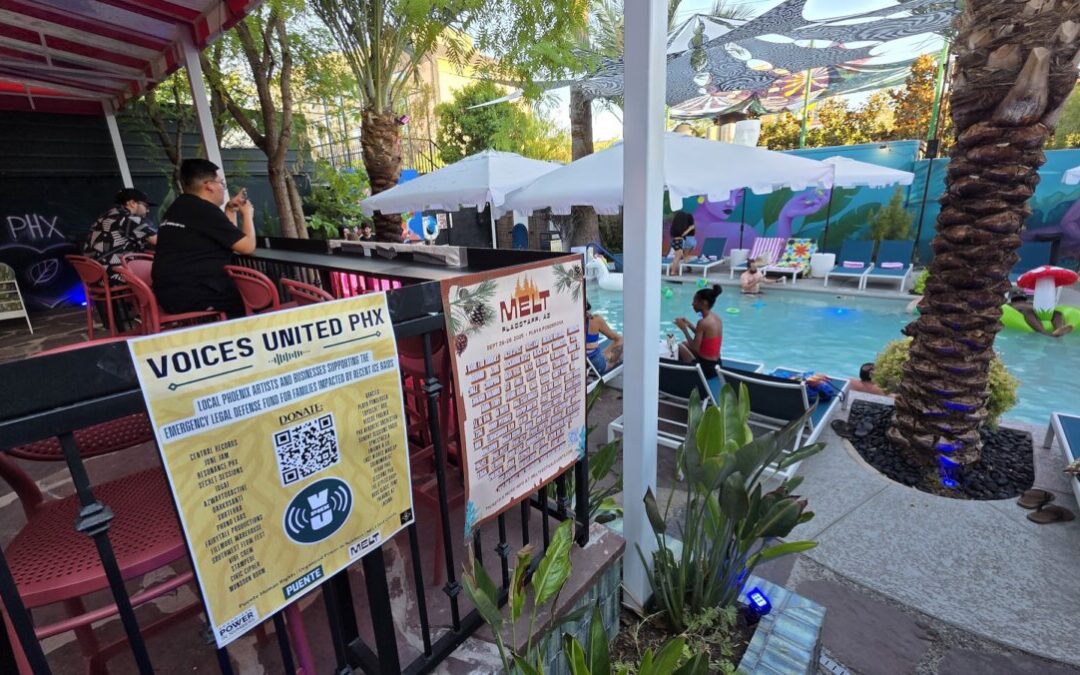
Local artists fight Trump policies through creativity and community
Arizona artists respond to growing ICE raids with community art and fundraising to support their undocumented neighbors. Under the Trump...

The Colorado River is in trouble. Some groups want the government to step up
LOS ANGELES (AP) — Earlier this year, several environmental groups sent a petition to the federal government with a seemingly simple message: Ensure...
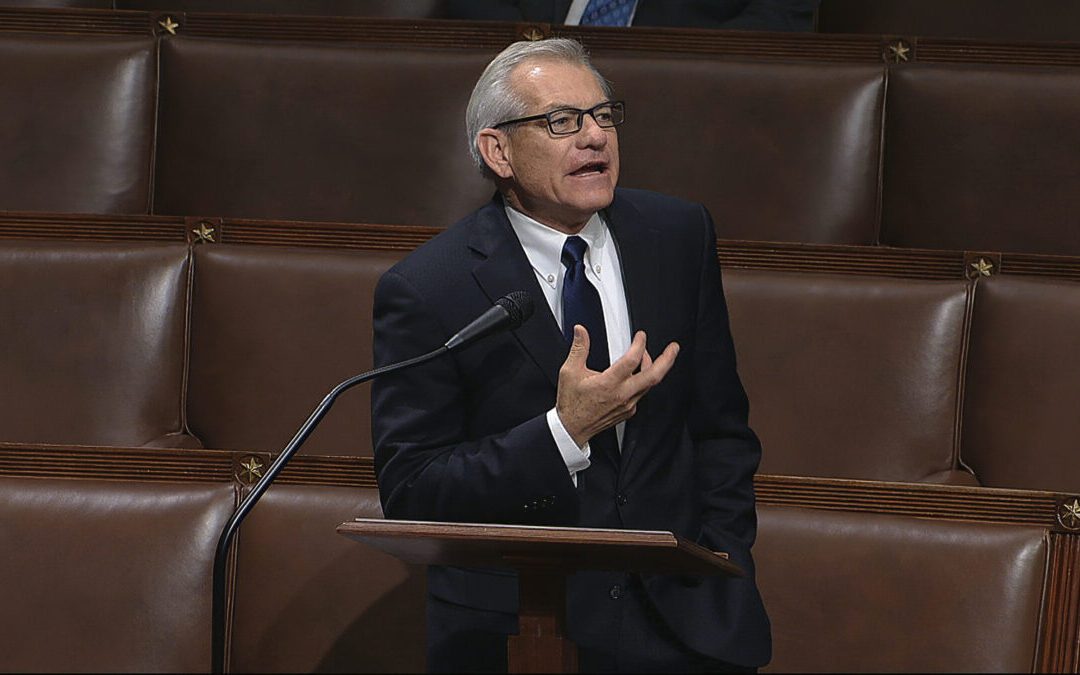
GOP Rep. David Schweikert weighs a run for governor
The longtime congressman is considering a primary challenge against two candidates who are already backed by President Donald Trump. Punchbowl News...

